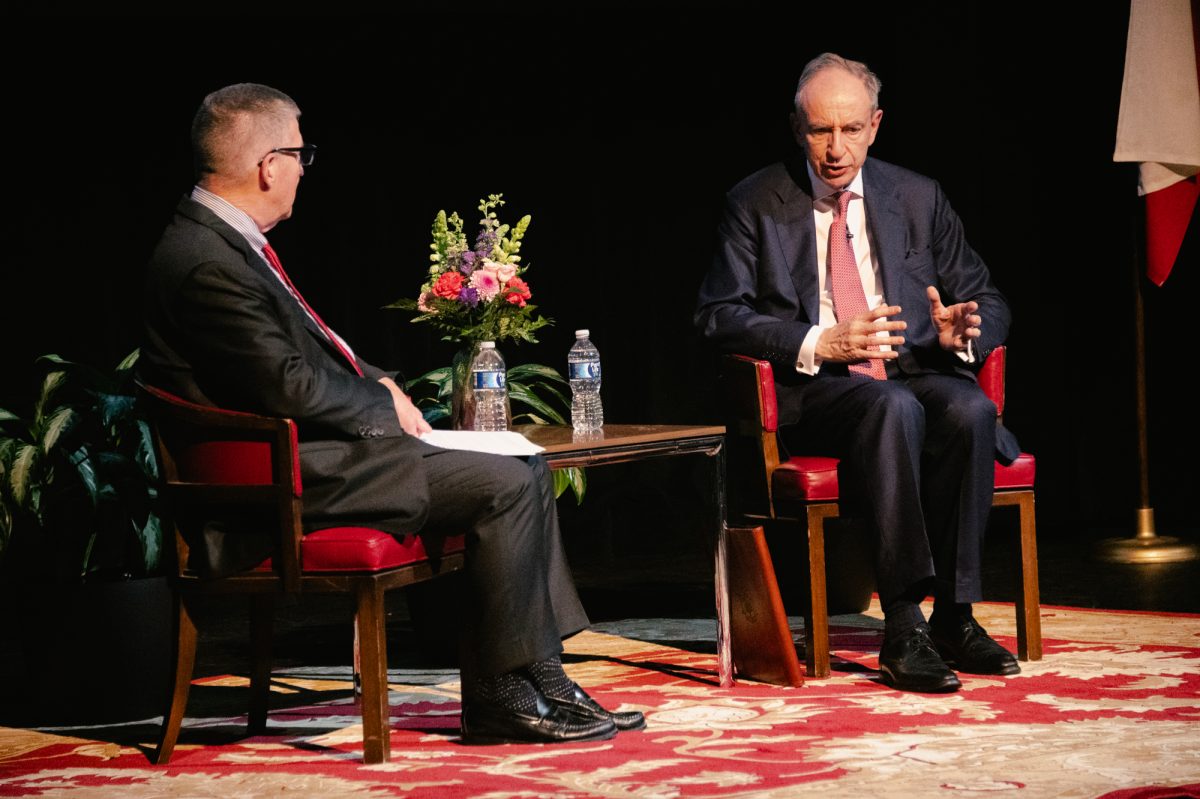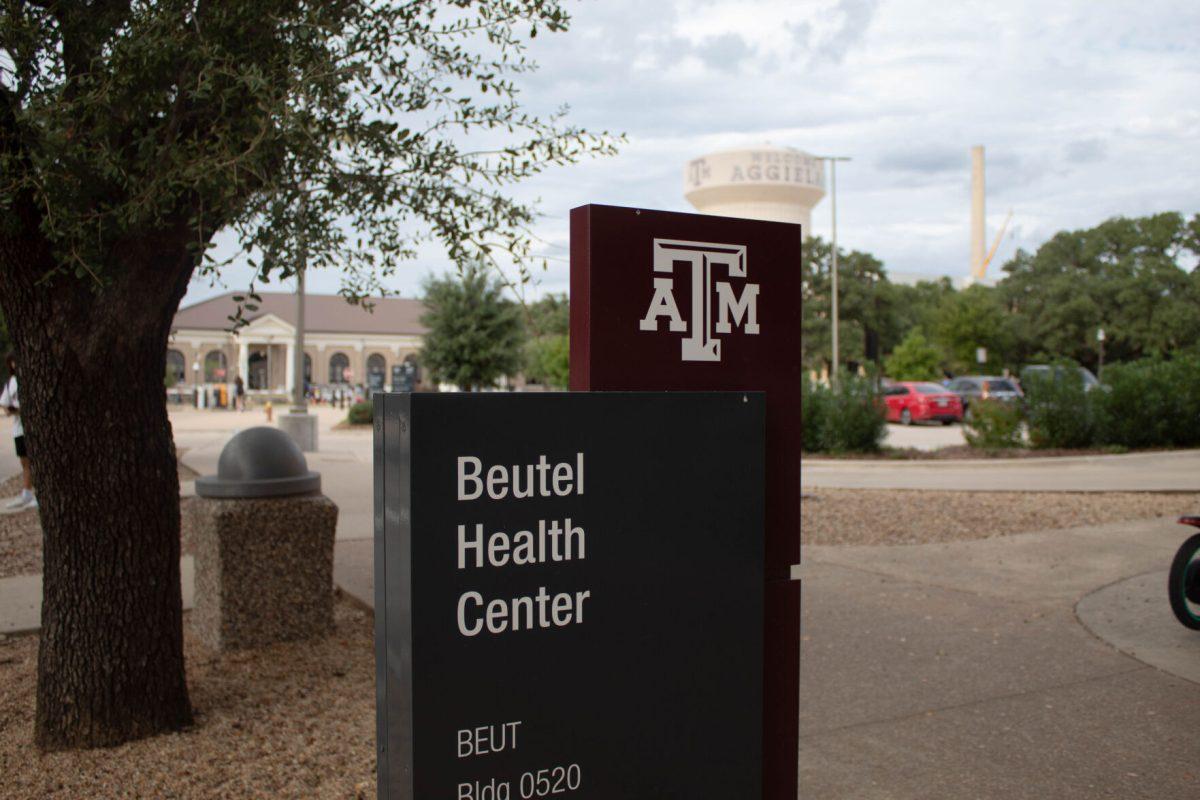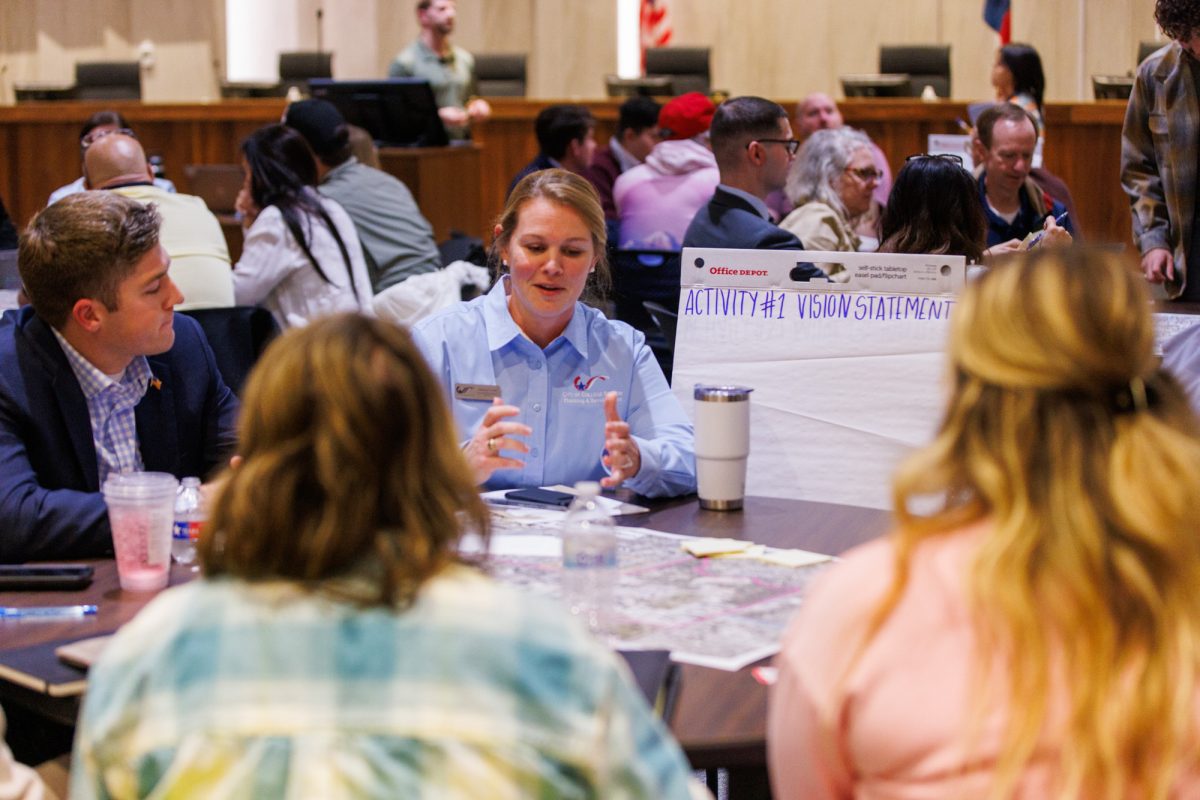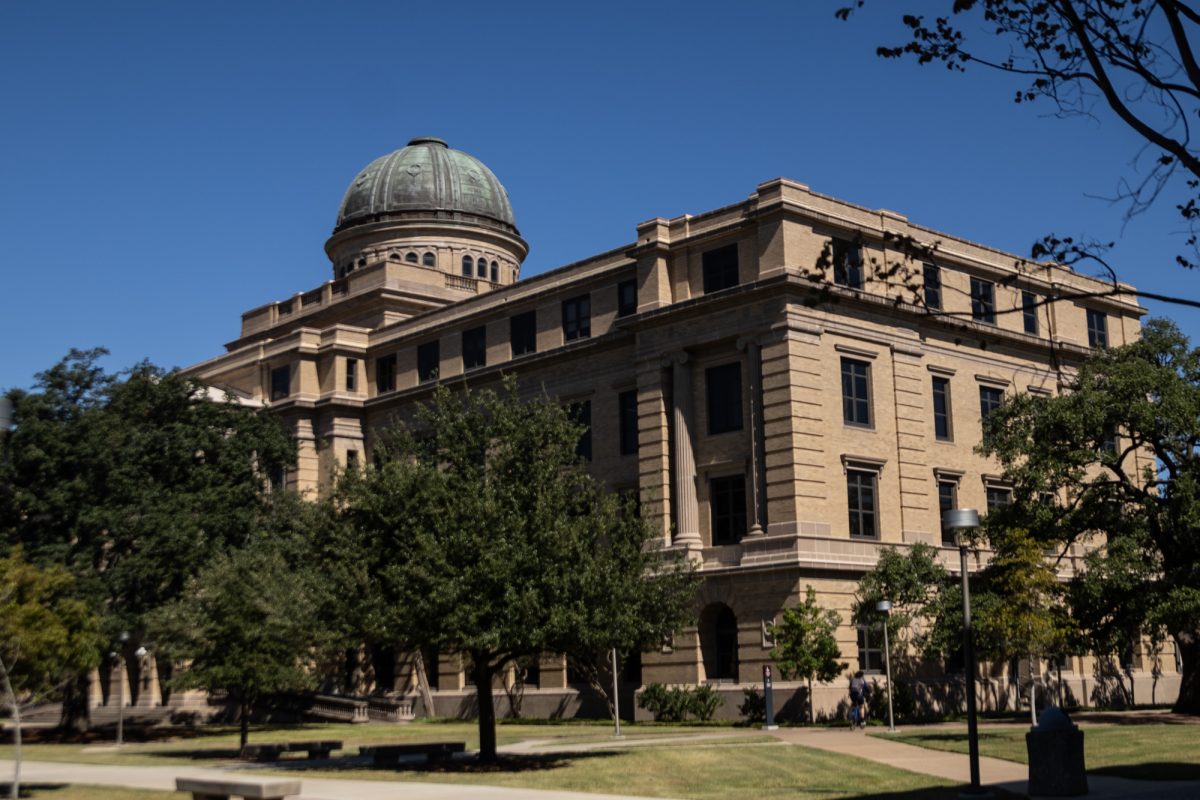A federal court Thursday blocked a controversial Texas voter identification law that would have required voters to show a photo ID to election officials before voting in November.
A three-judge panel in Washington D.C. ruled unanimously against the law. According to the opinion of the court, the law will almost certainly have retrogressive effect. It imposes strict, unforgiving burdens on the poor, and racial minorities in Texas are disproportionately likely to live in poverty, the U.S. District Court ruled.
In the past, voters were required by Texas election code to show one of the following acceptable forms of identification: voter registration card, birth certificate, drivers license, U.S. passport, citizenship papers, mail addressed to the person from a government entity, any form of photo ID or any other form of identification prescribed by the secretary of state.
Jose Luis Zelaya, curriculum and instruction graduate student, said he was happy when the law was blocked and said people from low socioeconomic status would not have been able to vote if it wasnt.
There are a lot of issues with the fact that their voice was trying to be taken away, Zelaya said. People that are either low socioeconomic status or people that are minorities usually tend to vote in a certain way. This will hurt one type of party and its also an attack on democracy and people who want to have their voice heard.
The law in question, Texas Senate Bill 14, was more stringent than the original election code. SB 14 required in-person voters to show one of five forms of government issued photo identification before voting. U.S. District Court blocked SB 14, ruling that the law would hurt the turnout of minority voters more than that of white voters.
Lawyers from Texas argued that Texas was simply tightening its laws, and called expert witnesses to demonstrate that voter identification laws had a minimal effect on turnout.
Robert Cimmino, senior agricultural leadership and development major, said he thought the voter identification initiate itself was transparently political.
Im pleased with the ruling. I wasnt sure which way it was going to go. I was pretty sure that it was going to be blocked and Im obviously pleased that it was, Cimmino said. I think its nice that we get to keep things the way they were.
According to The Associated Press, Republicans are pushing for more stringent requirements to stamp out voter fraud. On the other hand, Democrats say fraud at the polls is largely non-existent and that Republicans are simply trying to disenfranchise minorities, poor people and college students.
There [are] almost zero cases of voter fraud on election day over the last 10 years, so [the law] doesnt actually prevent anything nefarious from happening in the first place, Cimmino said.
Texas Attorney General, Greg Abbot, said the state would appeal the ruling to the Supreme Court. The Supreme Court recently upheld a similar law in Indiana, and another law in Georgia was allowed by the Justice Department to take effect without objection.
I think it seems totally normal to expect someone to be able to identify themselves if they are going to be saying, This is my voice in politics in any way, Cimmino said. At the same time, the people who have trouble getting identification whose voices traditionally may not be heard already are even now, without being able to have some kind of identification, wont even be able to vote.
Texas voter ID law struck down
August 30, 2012
0
Donate to The Battalion
$810
$3500
Contributed
Our Goal
Your donation will support the student journalists of Texas A&M University - College Station. Your contribution will allow us to purchase equipment and cover our annual website hosting costs, in addition to paying freelance staffers for their work, travel costs for coverage and more!
More to Discover









